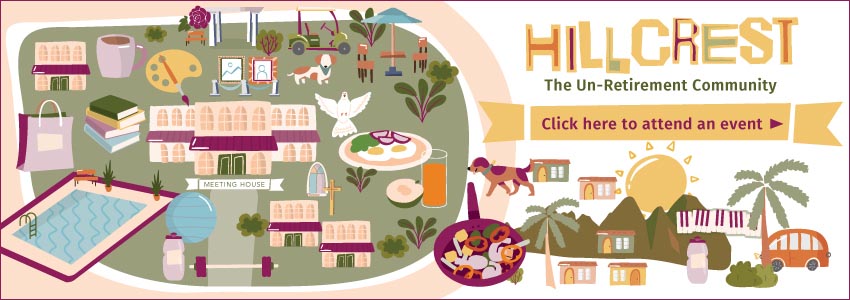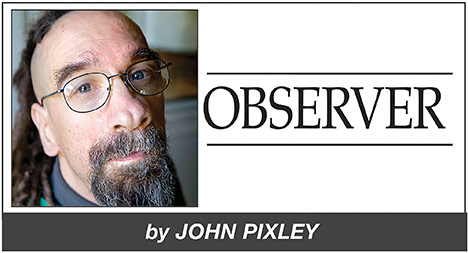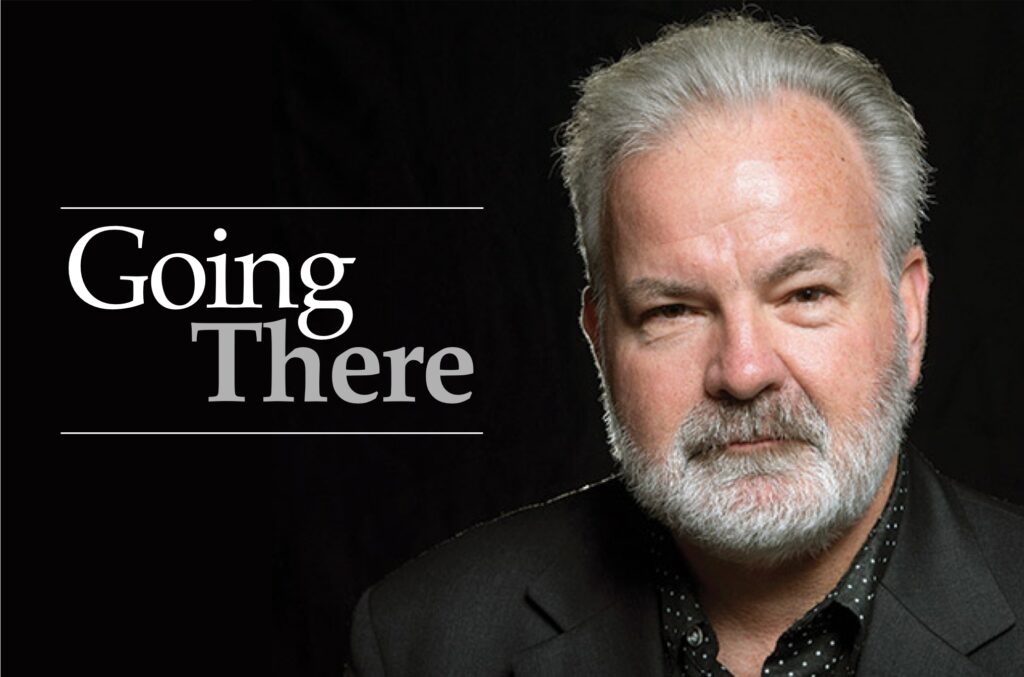Something new is happening
by William Lesher
An interfaith colleague told me this story. A few weeks ago, a woman called the mosque on north Garey Avenue. She had heard that the mosque was hosting refugees from Syria and she wanted to make a donation.
The mosque has hosted several refugee families from Syria and is expecting more in the near future. But at the moment, the mosque does not have an immediate need, so they contacted the First Presbyterian Church in Pomona, a congregation that is hosting a Syrian family in mid-August.
Only when the minister visited the woman to pick up her donation did he learn that the generous donor was Jewish, a member of Temple Beth Israel referred by the Islamic Center of Claremont to the Presbyterian Church.
Something new is happening. Interfaith connections like this are being made with much greater frequency today than they were even a year ago. The Syrian refugee crisis is providing an opportunity to strengthen these growing inter-religious relationships in our community.
Mahmoud (Mike) Tarifi, a member of the Islamic Center of Claremont, is the volunteer coordinator for much of the Syrian refugee activity. From time to time, he puts out the word to interfaith colleagues and institutions, most often for household furnishings when a new family arrives. Furniture donations have come from the Mormons on Base Line, from the used furniture operation at Pilgrim Place on Mayflower Road and from many individuals in mosques and churches throughout the area.
Now the need is for suitable housing for an anticipated influx of refugee families. Mahmoud recently wrote to this developing interfaith network alerting us to the fact that several families will be coming to southern California each week and that the “biggest hurdle” is affordable housing. This message has activated a growing number of supporters to scour the newspapers and their neighborhoods in search of what will be a first home for strangers in a new land.
Behind this particular flourish of interfaith cooperation lies a larger, profound, emerging phenomenon known generally as the Interfaith Movement.
Like all authentic movements, this one has many expressions. It is not organized from the top down so much as it is made up of grassroots actions by people in churches, mosques, synagogues and temples responding to a new spiritual awareness and to needs felt in their local communities.
Karen Armstrong is a name that is closely associated with this new spiritual awareness. She is a former Roman Catholic nun who became a student of the world’s religions. She has written extensively about many of them and has come to this conclusion:
“All faiths insist that compassion is the test of true spirituality and that it brings us into relation with the transcendence we call God, Allah, Yahweh, Brahman, Nirvana, or Dao. Each has formulated its own version of what is sometimes called the Golden Rule, ‘Do not treat others as you would not like them to treat you’ or in its positive form, ‘Always treat others as you would wish to be treated yourself.’ Further, all religions insist that you cannot confine your benevolence (good deeds) to your own group; you must have concern for everybody—even your enemies.”
This growing awareness of the centrality of compassion in all the world’s religions, together with our lives in an increasingly pluralistic society, lies behind much of what is happening between and among the religious institutions in our community.
Each month, many of the religious leaders in our area meet at the Claremont Interfaith Council to build bonds of friendship, grow in knowledge and awareness of each others’ faith tradition and address community issues. As an interfaith community, “we worship together” at the annual Thanksgiving Interfaith Service, “we march together” at the annual Peace March (sponsored by the Task Force on Middle-East Peace) and “we remember together” at the annual Seder Celebration. These are just a few of the more public expressions of the Interfaith Movement that have developed among us.
But in this time of heightened social anxiety, when anger, hate and violence at home and abroad weighs heavily on us as individuals and as a nation, I wonder if the Interfaith Movement may have an added, special role to play. In the last year I have heard major addresses by two leading thinkers and analysts, Chris Hedges and Bill Moyers. After brilliant descriptions of our current global situation, they both concluded with a plea that we work together to re-knit the fabric of community at the local level. It impresses me that the new things that are happening among us in interfaith relationships here in Claremont are doing just that.
In an article in the New York Times just after the events in Ferguson, Missouri, Nicholas Kristof wrote about the heightened value of friendship across religious, racial and ethnic boundaries. He quoted a study from the Public Religion Research Institute that indicated that in a network of 100 friends, the average white person has one black friend. A similar statistic is most likely true about friendships across religious lines—specifically Christians and Jews with Muslims, Hindus, Buddhists, Sikhs and Jains. “This is unfortunate,” says Mr. Kristof, “because friends open our eyes.”
It is my fervent hope that in this time and place where new things are already happening among people of different faiths that our mutual support for Syrian refugee families will provide a community-wide welcome for these new neighbors. Then, as contact between us steadily increases, new and deep friendships will be formed; and our eyes and ears and our hearts will be opened ever further to each other.
William Lesher is an ordained pastor of the Evangelical Lutheran Church in America. He was pastor of two inner-city churches and president of the Lutheran School of Theology at Chicago from 1978 to 1997. Dr. Lesher is chair emeritus of the board of trustees of the Council for a Parliament of the World’s Religions (CPWR), an international, inter-religious organization based in Chicago. He represents Pilgrim Place on the Claremont Interfaith Council.









0 Comments